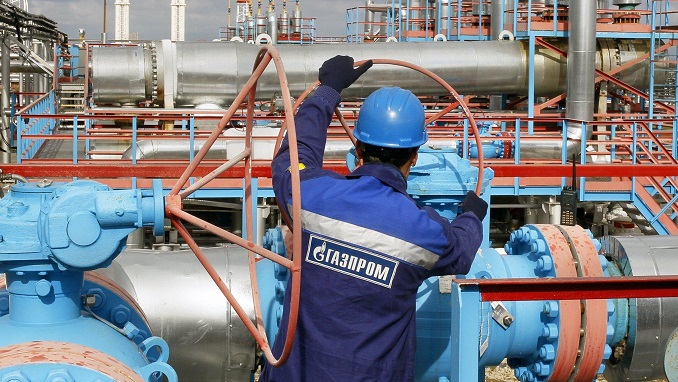In an attempt to improve efficiency and cut down on wasteful spending, Russia’s state-owned gas major Gazprom is undergoing another shake up, RBC reports.
The company’s vice-chairman Oleg Aksiutin announced plans to reform Gazprom’s department of corporate expenditures, responsible for controlling over $15.4 billion in spending on tenders and procurements for the holding and several subsidiaries, the news outlet reported citing a company letter.
Aksiutin replaced Mikhail Sirotkin, who had run the department for years and is widely seen as an associate of Miller’s, Russian media report.
“The message is clear — [Gazprom CEO Aleksei] Miller has failed to effectively run Gazprom and enhance its competitiveness on LNG markets for years. With Novatek rapidly expanding its production base, there was likely both internal and external pressure to sack the previous head, Mikhail Sirotkin, and at least make a gesture towards improving the efficiency of spending,” the letter reads.
Fed up with the wastage and on a campaign to improve the efficiency of state spending, the Russian government proposed in January to force all state-run companies to submit investment programmes for approval, and to tighten the reigns of control over its companies. The decision was made at a meeting with Prime Minister Dmitry Medvedev on January 24.
Aksiutin stated the reform was intended to eliminate redundancies within the company, reduce wasteful spending and losses, and improve the delineation and delegation of responsibilities within the company. Aksiutin was named to his post to manage the firm’s investment programme on April 1 of this year. The proposal calls for the consolidation of spending offices into a unified 200-person team.
There have been a number of changes in management this year and the government is threatening to take direct control of the investment programmes at Gazprom and other SOEs in its quest to improve Russia Inc’s profitability.
The changes come on top of a report by the Federal Antimonopoly Services (FAS) which said that Russia’s economy is starting to look like a “feudal” system as the state share in GDP has increased to 60-70%.












